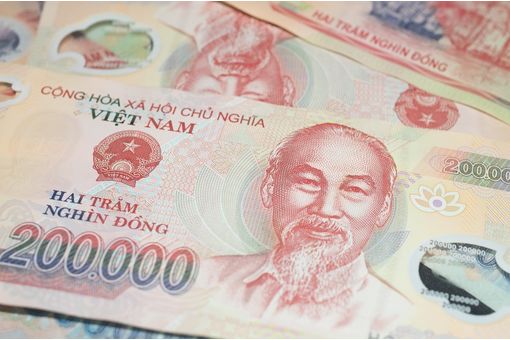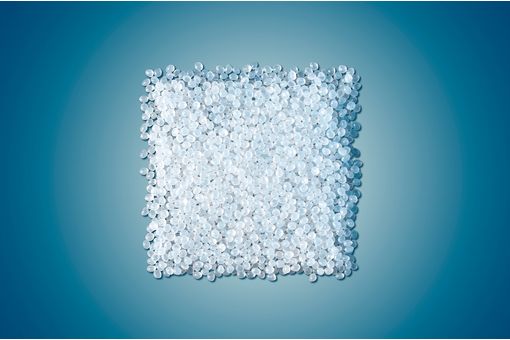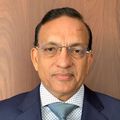Dow presents vision for Middle East innovation at GPCA
Fitterling presented the keynote speech at the 8th Annual Gulf Petrochemicals & Chemicals Association (GPCA) Forum in Dubai, which hosted more than 1,700 industry professionals to discuss the trends impacting the industry.
Fitterling discussed the evolving petrochemical landscape in the Middle East and the need to embrace manufacturing as a central economic driver, working hand-in-hand with innovation-led strategies to diversify an economy that has been traditionally dependent on oil & gas revenues.
“All of us who are committed to this region – and that includes Dow – must be, first and foremost, innovative in our thinking and our approach to the world,” Fitterling said. “This is not just about steel in the ground.
"This is not just about building downstream. It is not just about capturing foreign investments. It is about adapting and directing the region’s emerging manufacturing economy to what the world wants and needs. In short, it is about using a market-first mentality to dictate our investments and growth.”
Fitterling cited Dow’s joint venture with Saudi Aramco, Sadara Chemical Company (Sadara), as an example of this market-led approach. The new Sadara complex, currently under construction in Saudi Arabia, will represent the largest petrochemical facility ever built in a single phase and employ around 7,000 people once operational.
It will produce 3.2 million tons of performance, value-added chemicals and plastics; a supply that will help to address the growing demand from the emerging Asian markets, as well as across the Middle East and Africa.
“Sadara is the ultimate proof point that the region has more to offer than simple hydrocarbons,” Fitterling said. “Using a demand-driven strategy and close collaboration with our partners in the region, we’ve redefined innovation when it comes to establishing a world-class, competitive manufacturing base. We believe Sadara is a solid step in moving the entire region into a new stage of economic growth and stability.”
Sadara is also a strong example of another key factor that Fitterling cites as vital to economic growth and sustainability in the region: public-private partnerships. Bringing together the influence and facilitation powers of public entities, together with the niche expertise and experience of private enterprises, these collaborations can work to deliver mutually beneficial results that impact at an economic, environmental and social level.
During his speech, Fitterling also stressed the need for additional focus on education with an emphasis on building the region’s science, technology, engineering and math skills. Such focus would align education investments with the emerging needs of the private sector and develop the much-needed critical mass of skilled workers.
Fitterling concluded: “All of us need to embrace manufacturing, adopt a more market-driven mentality and usher in a new era of public-private partnerships. Together these will drive the region’s economy – and our industry – forward. They will spur real technical innovation at home. They will attract investments from abroad. And they will help create the domestic markets right here in the Middle East.”
Dow
































-Ltd..jpg?tr=w-120,h-60,c-at_max,cm-pad_resize,bg-ffffff)





.jpg?tr=w-120,h-60,c-at_max,cm-pad_resize,bg-ffffff)
.jpg?tr=w-120,h-60,c-at_max,cm-pad_resize,bg-ffffff)






